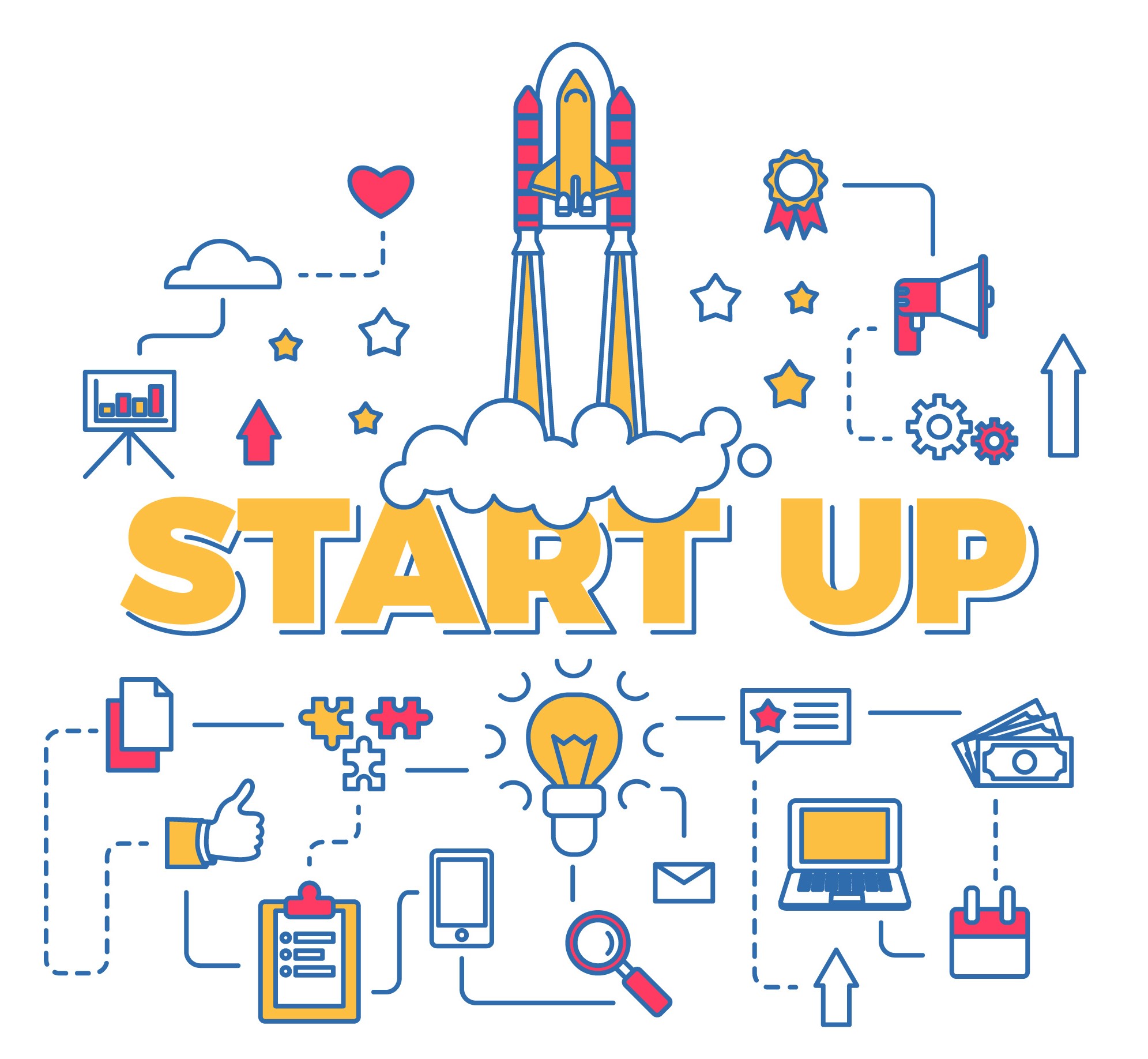
What I’ve learned from my failed startups – powered by StepFWD
With great support come great projects, and StepFWD powered by Codette and TechHub Bucharest is an initiative that we like! What I’ve learned from my failed startups is an article with some “uncommon” learning that you need to check:
When I started thinking about writing this article, I faced a dilemma. Should I share some “classical” startup learnings packaged in a standard format that you can find in other million articles? Or should I risk writing bluntly and honestly about what actually happened?
When faced with these 2 options, I took 10 seconds of hard thinking before I decided to go with the second approach. I am aware that the story might not be that impressive if I do it this way, but I can make sure that it will be an honest one.
Now, before I begin, I should clarify 2 things:
- The only startup that I’ve built from the idea stage was the third one. I joined the first two as a co-founder, in different stages.
- All of the startups failed before starting to make revenue. So I won’t talk beyond that point of a startup journey as I don’t have the actual practical experience.
#1 StudyMentors – Helping kids to study abroad
I’ve known since high school that I wanted to start my own company and become part of the startup ecosystem, so when the first opportunity presented I immediately jumped in.
StudyMentors was part of the first batch at the MVP Academy pre-accelerator back in 2014. The team was formed by 2 technical guys and they were looking for a business person to help them connect with UK universities. One of the MVP Academy team members was a good friend of mine and she knew that I was eager to join the startup scene and that I was in my final year at Warwick University. So she made the introduction and we started working together right away.
My mission at StudyMentors was to connect both with British universities and with foreign students that were studying on the island to discover how they can benefit from our platform. In order to discover how can we create value for these 2 customers segments I’ve set out meetings with officials from several universities, had 1- on -1 interviews with foreign students and organized online webinars with students. We were aiming to become the biggest European social network for students and for that we had to do some serious customer discovery.
After a couple of months, we participated in a speed mentoring session at the Startup Spotlight competition, which is part of the How to Web conference. During this session, we met with more than 20 mentors in 2 days for a 20 minutes discussion with each. Almost all of them pointed out that we didn’t know how to make money and thus, build a sustainable business. Although we understood the business models used by other successful social networks, we couldn’t figure out who will be paying us money and what will they be getting out of using StudyMentors. And that was the main reason why we decided to close the project.
The main lesson – Know who will be paying for your product

#2 Savoro – Healthy bread delivered to your doorstep
With Savoro we wanted to introduce a new concept on the Romanian market: monthly delivery of your healthy foods. We had a solid roadmap of how we would implement the business model, we had the necessary funds, the industry know-how, a well-rounded supply chain in place and we created a stunning brand. Unfortunately, it turned out that we were not exactly the perfect team, so things turned out different than on paper.
As you take the first steps towards becoming a tech entrepreneur, you begin to hear more and more that the most important thing about a startup are the people behind it. Not the idea or the market opportunity or the technology or any other thing you may think of. Don’t get me wrong, these are key components of a successful startup. But a company is started and ran by HUMANS working together to achieve a common goal.
The team behind Savoro wasn’t aligned with the business model and it didn’t share the same values. Although this fact was staring at me since the beginning of the project, I truly recognized and admitted only after half a year that we weren’t the best team to make Savoro a successful company.
The main lesson – Choose your co-founders wisely

#3 Mr. Adam – Jack of all trades, master of none
So far, Mr. Adam is the first startup that I started from scratch and it has helped me learn the most about entrepreneurship.
- I’ve learned how to build a team (3 times over)
- I’ve been through the process of negotiating and distributing equity according to the contribution that each co-founder brought to the startup
- I’ve dealt with co-founders leaving the team and how to let one of them go
- I learned how to say no to 2 accelerators after getting accepted, as they weren’t a good fit for us
- I became better at pitching and selling
- I improved my leadership and management skills
- I got some basic programming skills although I wasn’t planning on it
- And the list goes on and on
But through all these learnings, there was one that I value the most. The mistake that almost all first-time founders do and can’t get over in their first startup: starting with an idea and not with a problem that the startup can solve.
Throughout its life, Mr. Adam has been a social skills app, a learning app for business people and ended up as “your trustworthy parenting app”. But all of these were just ideas that we generated ourselves or from listening to all the feedback we got from everybody but our customers. They weren’t actual problems that we discovered by talking to customers and then trying to work to solve them with a “Mr. Adam app”.
Now you can argue that after being part of the startup world for so long, we should have recognized at some point that we should change our business approach. And believe me, we saw this but we ignored it. We were just so absorbed by building a successful startup that we were falling in love more and more with our idea(s). When we finally admitted that we needed to start focusing on real-life customer problem(s) and then build a solution around it, we decided to shut the project down. We got to a point where we lost the motivation and focus to push things forward.
The main lesson – Focus on the damn customer, not the idea!
Conclusion
During your startup’s life, you learn things from a multitude of sources: by reading books and online resources, talking with mentors, attending courses, etc. But I believe that the best lessons that you truly internalize and stick best with you are those that you learn by doing and experimenting yourself.
There are 3 main things that I’ve learned from my failed startups that will definitely guide my entrepreneurial journey from now on:
- Know who will be paying for your product
- Choose your co-founders wisely
- Focus on the damn customer, not the idea!
Knowing what I know now, I could have probably learned those things faster and in a more efficient way. For example, I should have jumped on an accelerator and work my ass off for 3 months. But hey, you know what they say: “don’t cry over spilled milk!”.
This is why I decided to join the team behind the StepFWD pre-accelerator: to help other first-time or early-stage business owners (like you ? ) accelerate their entrepreneurial journey and to not repeat my mistakes.














